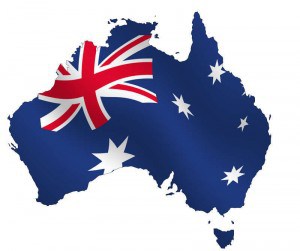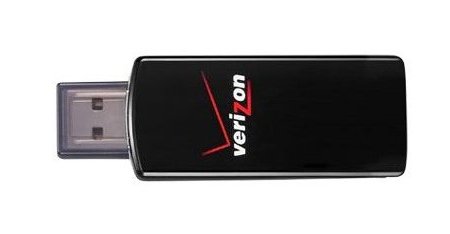 Until the National Broadband Plan is in place and additional capacity is brought online, Australians make do with usage limited broadband service from Brisbane to Perth. With prices all over the map, choosing the right plan to minimize your exposure to Internet Overcharging schemes is more important than ever.
Until the National Broadband Plan is in place and additional capacity is brought online, Australians make do with usage limited broadband service from Brisbane to Perth. With prices all over the map, choosing the right plan to minimize your exposure to Internet Overcharging schemes is more important than ever.
VoIP-Sol.com, an independent blog covering the global broadband market, took a look at several popular options and discovered some revealing findings (All prices in Australian dollars – $1AUD = $0.91US — Stated speeds are relative and reflect the maximum possible, not necessarily the actual):
The Fastest Broadband Plan in Australia
BigPond’s 30,000Kbps +400MB cable plan is the fastest available (that speed available in select areas of Melbourne and Sydney only — up to 17Mbps service elsewhere), but at a hefty price: $49.95 a month with a cap of 400 megabytes. Data past the cap is charged $0.15 per megabyte. BigPond will discount the monthly charge by $10 if it is bundled with a Telstra home phone line. This plan requires a monthly contract, and there is no peak time.The Australian Broadband Plan With the Biggest Cap
iPrimus’s Big Kahuna and Dodo’s Rhodium plan both come with 200gb of service each month over ADSL. Dodo’s setup fee of $69.99, but the monthly charge is $10 a month cheaper than iPriumus at $69.95 a month, and an additional $10 is discounted for Dodo’s home phone customers. The Big Kahuna could go on the fastest list at 24,000Kbps, while Rhodium is a still impressive 20,000Kbps. (Keep in mind ADSL speeds vary considerably depending on how far away you are from the telephone company’s exchange office.)Australia’s Cheapest Broadband Internet Plan
The Starter Plan from Netspace may seem like a bargain with speeds of 20,000kbps for only $9.95 a month, but the setup fee is a staggering $149.Dodo Bronze is $19.90 a month, or $9.90 a month when bundled with one of their home phones, beating Netspace by five cents. However, this gives you a tiny download cap of 150mb, with an equally low download speed of 256kbps. Excess data is charged at $0.18 per megabyte, which even the most frugal user will probably reach. The Bronze plan also requires a twenty-four month contract.
Surprisingly, the next cheapest option is Optus’ Mobile Wireless Broadband. When included with mobile or home phone service, Optus charges $19.99 a month for cellular-based Internet. Like Dodo Bronze, the download speed is limited to 256Kbps, while downloads are capped at 1 GB. Most people who buy this plan will be more interested in the service’s convenience than its performance.
There are many other regional services available in different parts of the country with their own pricing and policies. But nearly all share a usage cap combined with “peak” and “off-peak” usage pricing, designed to prod you into confining use of your highest bandwidth applications during off-peak hours (typically between midnight and noon). Many providers give you a bonus usage allowance to use during off peak hours, often much higher than the peak usage allowance. In Australia, providers don’t necessarily punish you with overlimit fees and penalties for exceeding your limit, they just turn the speed of your connection down… often way down (64kbps, slightly faster than dial-up, is common) once your limit is reached for the month. Speeds return when a new billing period begins.
Australians complain about paltry usage caps with such regularity, the government has set about constructing better broadband infrastructure to improve service. Private providers have dragged their feet, preferring slower upgrade paths and tamping down demand with usage limitations, reducing the need to invest in their networks. Domestic online video services and other high bandwidth innovation is greatly stifled in the country because of punishing usage limits which make consumers fear using them.
With the expansion of international connectivity and a more robust domestic network, Australians look forward to the day they can see usage caps as a thing of their past.


 Subscribe
Subscribe

